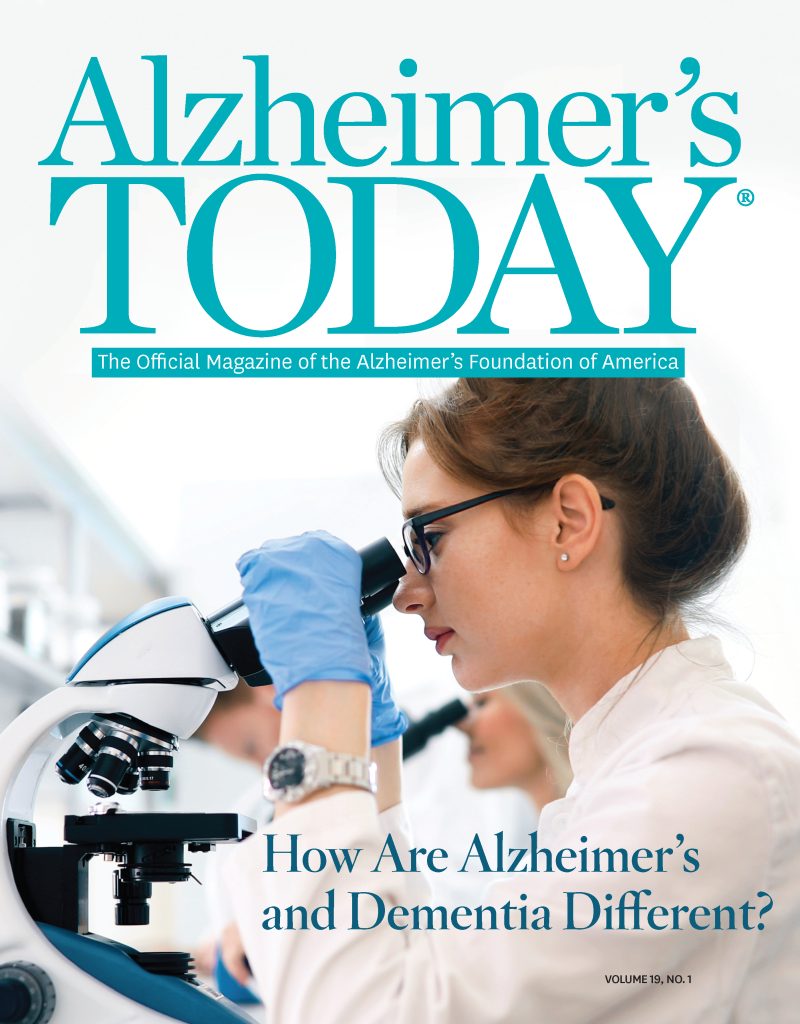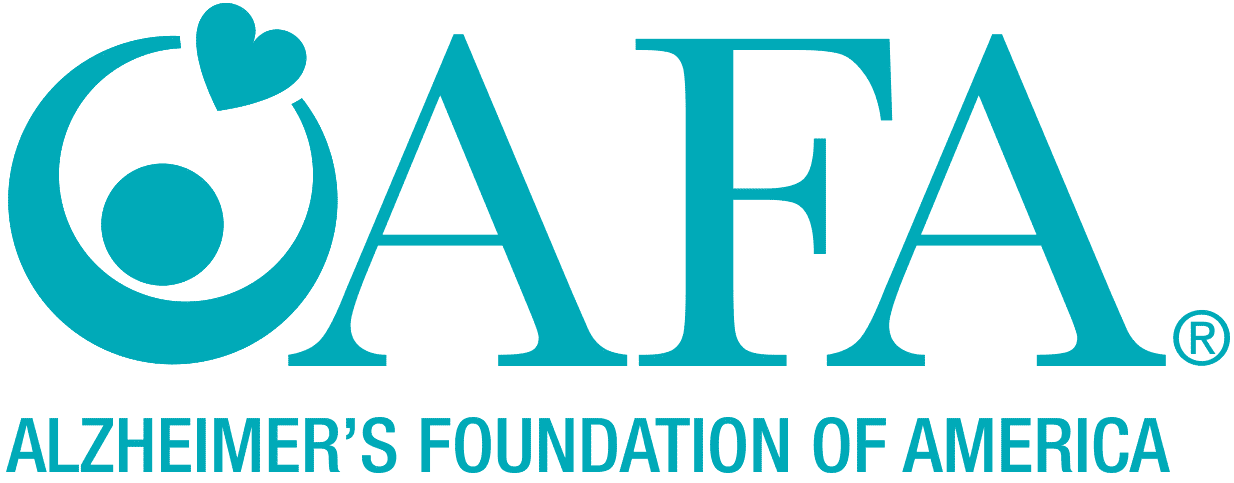Alzheimer’s Not the Same as Dementia

Fear and anxiety permeate the walls of the memory clinic where I work as a geriatrician. Patients and families dread the possibility of Alzheimer’s disease and a future they won’t recognize. But it is not the disease that drives this worry; it’s the symptoms of dementia.
Dementia describes the symptoms that affect people’s thinking and ability to do daily tasks. Alzheimer’s disease, an accumulation of proteins that eventually kill brain cells, is the biology that can cause dementia. To patients and families, the words dementia and Alzheimer’s are often used interchangeably. Both capture the fear and sorrow marked by living with a failing brain.
Emerging Alzheimer’s treatments raise the stakes for understanding the distinction between dementia and Alzheimer’s disease, in terms of knowing when new FDAapproved treatments may or may not be useful.
The Food and Drug Administration recently approved Leqembi, which removes from the brain one of the key proteins in Alzheimer’s disease. By targeting the biology, Leqembi can modify Alzheimer’s course and impact dementia symptoms. As a result, both biology and symptoms matter in providing care. Memory clinics are the epicenter for providing this care, bridging the symptoms with the disease. I’m seeing it already.
One of my patients, Molly, is a 74-year-old woman diagnosed with Alzheimer’s disease at another clinic. She wanted a “second opinion.” Nothing about her case was unusual. Her memory and thinking difficulties extended to some of her daily activities, including managing medications and dressing appropriately for the weather. After her workup, Molly and her daughter did not want to talk about the diagnosis — moderate stage dementia due to vascular disease — only about how Molly could get the new drug that would “reverse her Alzheimer’s.”
But the drug wouldn’t benefit Molly. Her dementia was too advanced and she didn’t have Alzheimer’s. When I told her this, she was relieved it wasn’t Alzheimer’s, but sad her symptoms would not go away.
Leqembi and drugs like it are changing the landscape of memory care. Helping patients understand the terms and meaning of their diagnoses takes time — a luxury we don’t always have. Evaluations for memory care are already extensive. The addition of treatments adds further complexity. Now, evaluations will include a person’s symptoms, history, and Alzheimer’s biomarkers. Health care providers will need to discuss, obtain, interpret and share a person’s biomarkers in the context of their symptoms and determine whether these new treatments are right for the patient.
However, not everyone with thinking changes has Alzheimer’s disease. Not everyone with Alzheimer’s will receive the newest therapies. Not everyone on therapy will benefit. These nuances exist at every stage and require discussion so patients can understand what is happening to them and their options for care. Doing this means taking time to talk with patients and families. Doing it well means using the right words.
Advancements in Alzheimer’s research and therapy are driving a revolution to distinguish the language of Alzheimer’s disease from the symptoms of dementia. Health care providers must diagnose syndromes like dementia based on symptoms first, and then diseases like Alzheimer’s based on biology second. Doing so will not only lead to better outcomes but may address the fear and anxiety that permeate those clinic walls.
This guest essay is based on an opinion/editorial that first appeared in Newsday. It reflects the views of Nathaniel Chin, M.D., medical director of the Wisconsin Alzheimer’s Disease Research Center and member of the Medical, Scientific and Memory Screening Advisory Board of the Alzheimer’s Foundation of America.


